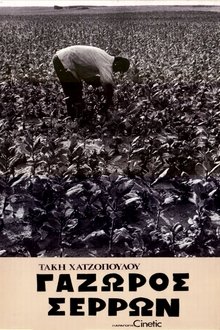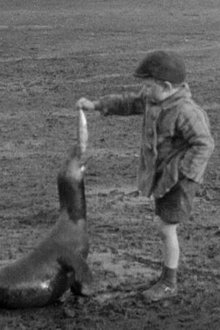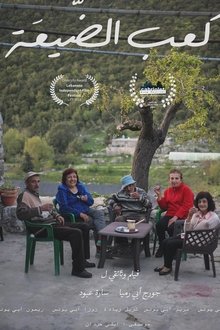The Village Raiders set out to raid Greatham, the most quiet and quaint place in all of Britain, hilarity issues.
Related Movies

When My Knife Strikes You (1968)
Shot in various villages throughout Yugoslavia, this is a disturbing document of a time when people were stabbing each other with knives without any real reason. Murderers, people who witness these murders and the families of victims all talk about the senseless violence and the human condition.

Full Metal Village (2007)
The film describes the microcosmos of the small village Wacken and shows the clash of the cultures, before and during the biggest heavy metal festival in Europe.

The Natashquan punk (NaN)
In 1976, a young punk lands in Natashquan. It’s the beginning of an unlikely love story between a small fishing community and this new arrival. Yet the relationship meets a brutal end when, three years later, the punk disappears without a trace. Forty years have now gone by, and the village of Natashquan is experiencing a slow, irreversible devitalization—one by one, villagers have been going missing. Those who tell the tale of the punk today see it as the story of a small community’s symbolic survival.
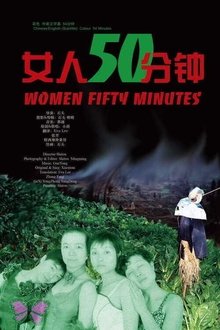
Women 50 Minutes (2006)
A representation of queer and feminist imagery that was mainly shot in the Qinghai-Tibetan Plateau, remote and developing areas in southwest China, and metropolitan cities like Beijing from 2000 to 2004 to document the social changes in contemporary China. The director sympathetically and erotically represents a variety of women, including women as laborers, women as prayers, women in the ground, women in marriage, and women who lie on the funeral pyre with their dead husbands. Her camera juxtaposes the mountains and rivers in old times, the commercialized handicrafts as exposition, the capital exploitation of the elders’ living space, and the erotic freedom of the young people in a changing city.
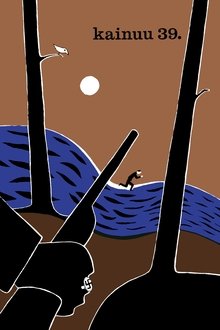
Two Forces (1979)
Docudrama about the Soviet occupation of a Finnish village in the fall before the Winter War.
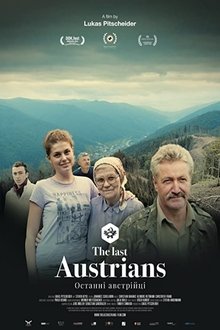
The Last Austrians (2020)
In a valley in the Ukrainian Carpathian forest lies the small and forgotten town of Königsfeld. In 1775, the Habsburg Queen, Maria Theresa, sent a hundred foresters and their families here from the Austrian west of the kingdom. All that remains today of the now over two century-old timber industry are factory ruins, potholes in the valley road and an increasingly seldom heard German dialect. Only a few factories survived a flood that cut the village off from the rest of the world, and left it economically isolated. An atmosphere of farewell hangs heavy in the air.
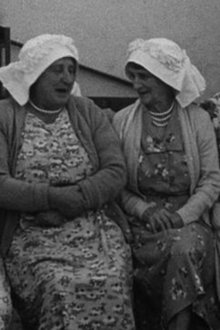
The Coast of Commerce (1962)
Take a revealing tour along a coast of contrasts, from the folksy freshness of Whitby to the coaly Tyne, queen of all rivers.
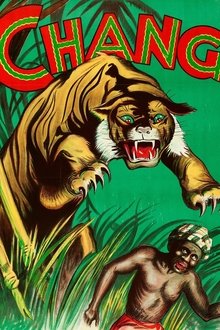
Chang: A Drama of the Wilderness (1927)
Elephants disrupt the lives of a family deep in the jungles of Northern Siam, and an entire village.
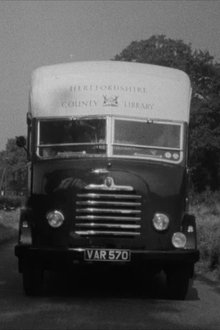
I Am a Mobile Librarian (1960)
See how Sally Jenkins and her driver, Thomas, run Hertfordshire's mobile library service with military precision.
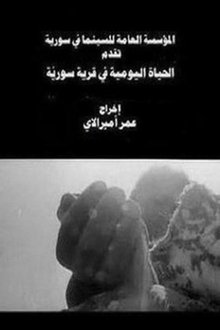
Everyday Life in a Syrian Village (1974)
The first documentary to present an unabashed critique of the impact of the Syrian government’s agricultural and land reforms, Everyday Life in a Syrian Village delivers a powerful jab at the state’s conceit of redressing social and economic inequities.

Mount Olympus Raid (2023)
Village Raiders go up Mount Olympus || Gone Wrong 😱 || Gone Wild 🐺 || Gone Silly 🤡

Fontelonga (2013)
Fontelonga is a village of Trás-os-Montes, in the interior of Portugal. A mirror of exile in the eyes of their own people. A reflexion where memory is the last object of beauty and redemption.
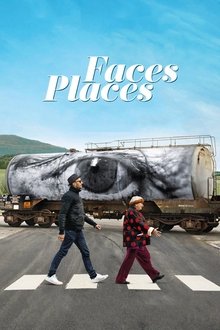
Faces Places (2017)
Director Agnès Varda and photographer/muralist JR journey through rural France and form an unlikely friendship.
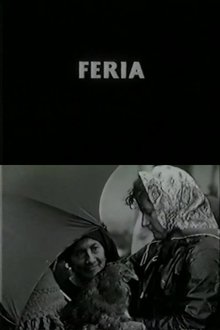
Féria (1961)
A Sunday fair with hunger in the air, in a lost Galician village under the black umbrellas of a pitiless rain...

Dadi's Family (NaN)
Dadi manages an extended family in Haryana, Northern India, where daughters-in-law face loneliness and unrealistic expectations. The film delves into family dynamics, highlighting Dadi's firm control amidst tensions. Social and economic shifts challenge traditional values, exemplified by Dadi's son marrying outside the village. Despite clinging to tradition, Dadi adapts to her children's modern aspirations. This narrative reflects the clash between generations and gender roles in 1980s rural India, offering insight into the evolving concept of family.
